Happy New Year! Before Fiction Fragments took a short break to celebrate the holidays and regroup after a monumentally challenging year, I featured an excerpt from Deesha Philyaw‘s short story, “Peach Cobbler.”
Now, we’re back. It’s 2021 and Girl Meets Monster has some great writers lined up for the month of January, including this week’s guest, Donna J. W. Munro.
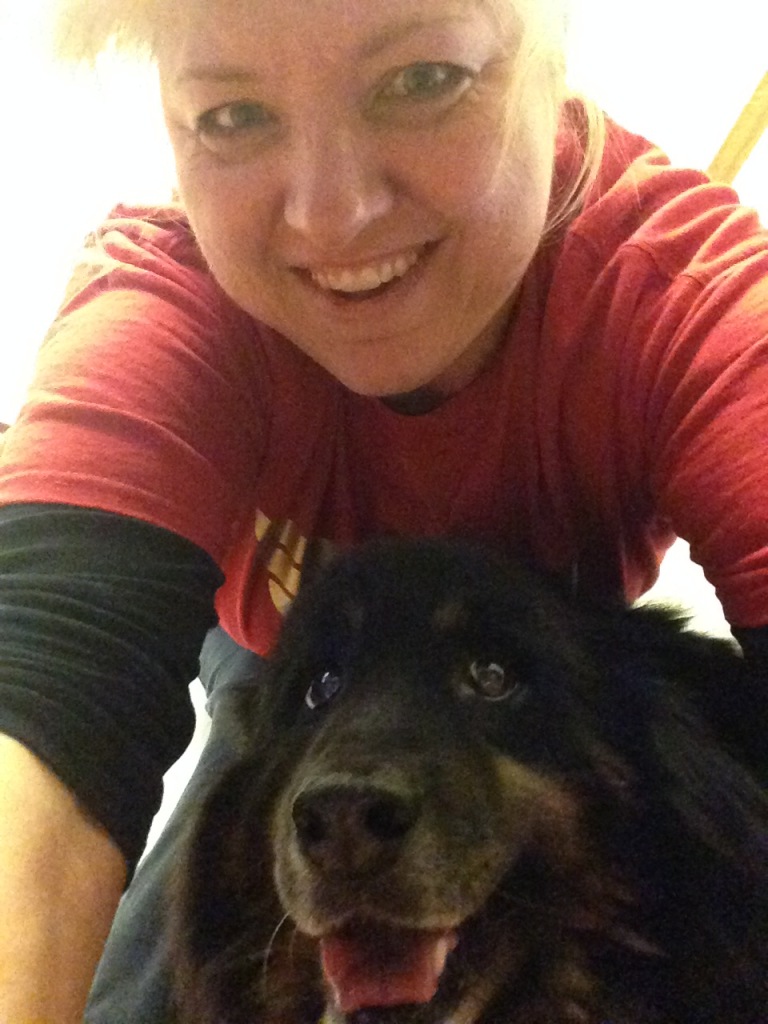
Donna J. W. Munro’s pieces are published in Dark Moon Digest # 34, Flash Fiction Magazine, Astounding Outpost, Nothing’s Sacred Magazine IV and V, Corvid Queen, Hazard Yet Forward (2012), Enter the Apocalypse (2017), Beautiful Lies, Painful Truths II (2018), Terror Politico (2019), It Calls from the Forest (2020), Borderlands 7 (2020), Gray Sisters Vol 1 (2020) and others. Her upcoming novel, Revelations: Poppet Cycle 1, will be published by Omnium Gatherum in 2021.
Order Donna’s novel, Revelations: Poppet Cycle 1, here: Amazon
Contact her at:
https://www.donnajwmunro.com
Twitter: @DonnaJWMunro
Three Questions
GMM: Welcome to Girl Meets Monster, Donna and Happy New Year! Here we are at the beginning of 2021 and I’m sure we’re all hoping for a frest start and a less traumatic year than 2020. What exciting things do you have planned for the new year? What projects are you working on, and what writing goals are you setting for yourself?
DJWM: Happy New Year to you, too. I have a whole lot of hope that things will be better. I mean, the real world shouldn’t be weirder than things we are writing, right? It has been. I felt like we were living in American Horror Story for the last four years.
I’m excited that you’re interviewing me today, because my first novel is out tomorrow! Revelation: Poppet Cycle Book 1 is the first in a trilogy I’m working on, so most of 2021 will be rewrites of book 2 and 3. Besides that, I write a flash fiction story every weekend as part of the Obsidian Flash Writers Group. As far as goals, I think I’m shooting for at least 12 short stories published in 2021. Beyond that, I hope to stay well, get vaccinated, and start hanging out with my Convention friends again. Man, I miss my nerd fam so much!
GMM: Tell me a bit about your fragment. IS it more difficult writing from the POV of a guinea pig than it is for a human, or did you simply imagine Muffin as a human while writing this piece? What was your process like, and what inspired the story? Why a guinea pig?
DJWM: “He Ate It” is a story I wrote as part of a challenge at Obsidian Flash. We post images there to spark our weekly stories and then share them with each other for critique. One week the prompt was a guinea pig. That, combined with the my anxiety over our current US politics, created Muffin the meglomaniacal guinea pig. His voice wasn’t hard to come up with, since it’s the internal voice I imagined that our President might have. I had a whole lot of fun trying to think about what obstacles would stand in the way of a guinea pig trying to become ruler of the world. The absurdity of its lack of experience and not knowing how big the world is, but still wanting to rule it as it’s first act of sentience tickled my writing fancy. The hubris he had was super fun to write, especially since I got to slap him in it. It’s not a perfect story and the Neitzche joke at the end might be a bit flat, but it makes me cackle every time.
GMM: Tell me about your most challenging writing project to date. Was it a short story or a longer piece of fiction? What roadblocks did you encounter while writing it? How did you modify your process to complete the piece? Did you publish it?
DJWM: Novels challenge me. I force myself to write one every year because I’m told that’s where the big money is (all the writers I know are laughing along with me right now). Short stories naturally come to me. Good or bad, if I sit down to write a short story, one comes out. But novels! Holy cookies, there’s so many moving parts. Continuity and plot vs character arc and description and action and subtext–Oh my! That’s why I surround myself with brilliant people that catch me when I’m lazy. My beta readers are great, but Anna LaVoie of Literally Yours Editing is my savior. Honestly, if you are a writer and you want to make your plot sing, developmental editors like Anna are so, so worth it. My process now includes two to three rounds of Anna combing through my writing and asking hard questions that kill the stupid plot devices and melodrama. She’s incredible. The result of this new process is the beginning of my trilogy that’s dropping tomorrow, Poppet Cycle. Revelation: Poppet Cycle Book 1 has been in my hard drive for probably twelve years. I dusted it off after meeting with Johnny Worthen of Omnium Gatherum a couple of years ago at HWA’s Stoker Con and now it’s about to be born.
Novels are hard. You know what I’m talking about with your fantastic debut Invisible Chains. Writing is just one part of the job. Then, there’s marketing. And keeping track of businessy stuff, which isn’t my thing. I will learn though! Might take the rest of my life, but I’m on it.
Roadblocks? Everything is a potential roadblock. Time crunches, bills, kids, cats, day job as a teacher, depression, shiny things that keep me from putting my butt into the chair and getting work done. How about the fact that all writers are really two people inside. There’s the hopeful creative who keeps throwing out new ideas, even when you need to just focus on the one you are working one. Then there’s the vicious editor. No real life editor I’ve ever met acts like the editor I have inside my own head. It’s the voice that tells me I’m too old to make it as a writer or that my words are childish and no one will ever want to read them. That voice is useful when you can tame it into a true editor voice, but mostly it’s the worst roadblock of all. It takes away joy from the process. It belittles your efforts. No matter how many successes you have it makes you wonder if you’ll ever have another. That little monster is tough to tame.
HE ATE IT
by Donna J. W. MunroMuffin became self-aware on Saturday at 8pm. Until then, he’d been a carefree guinea pig occasionally living with a stinking cage or water, tinged green. Overall, he’d been well cared for. His human, a female juvenile, picked him up and cuddle warm sweet skin to his fur. This time he realized that he’d never have a better chance. He bit her soft throat where heat thrummed closest to the surface. Fluids gushed from her wound, red gouts wetting him. Her little hands dropped him as they struggled to cover the terrible wound. Exactly as planned.
Her screams drew the larger humans into girl’s room– exactly as planned– and Muffin rushed out the door into the larger world. He hid himself beneath a thing with metal springs and wooden slats and padded with lovely fluff, though it all smelled like human ass. He watched the humans rush by with the little one clutched between them. As they ran, they voices squeeled as he’d done when he’d been a dumb beast. He couldn’t blame them their weakness. After all, he’d attacked their young. But Muffin’s own history taught him that some young must be eaten for the benefit of the stronger. He’d eaten his nest brothers and sisters to keep the milk only for him.
They left and, exactly as planned, Muffin had conquered the world. He waddled into the food room, drawn by the bitter odor real food. Not the tough pellets the young female put in his cage. A tall machine hummed and rattled, doing business Muffin didn’t care to understand. Only the room’s obstacles concerned him. He sniffed the edges of the room, taking in the potential bolt holes as he sought food and water. High above him, the scent of fresh water falling in ringing drips wafted down, but the wall before him rose as a sheer monolith. Somewhere up there sat a bowl of fruit– he remembered seeing it when the female adolescent carried him. Now the cloying sweet of the fruit filled his nose full. He needed to climb the cliff, but how?
He noticed on the floor a bowl of slimy water and a bowl of kibble that reminded him he wasn’t alone. He slunk over to the flapping entrance in the middle of a closed door. It smelled like the other animal. Could he convince the dumb beast to help him reach the food and water, through tricks or taming. Or would the beast be so mindless he’d need to eliminate him? Muffin wanted to assess the situation. He tumbled through the flap into a cold, hard-floored room that smelled of bitter things and danger. Muffin sneezed the scent out of his nose. In the corner, a massive beast lay curled on a stinking pillow. Muffin’s heart hammered as he considered the it.
He sheltered behind a leaning chalky cliff, watching the beast take deep breaths. It had a pointed nose and long legs. So many times bigger than he. Muffin swallowed down the urge to run. Hadn’t he defeated the humans? Hadn’t he conquered the whole world? This creature would work for him or Muffin would kill him. With that thought, he scuttled forward, following the outline of the wall toward the corner the beast lay in. The closer he got, the stronger the creature’s musky scent. Muffin knew this beast from when the human played with this it in front of his glass-fronted prison. Named Nee-chee or some such, it leapt and capered and carried toys in its mouth like a giant imbecile. It could be trained, therefore Muffin just needed to figure out how.
“See here, beastie,” Muffin said, tapping on the wet, triangular nose before him. “Wake up.”
Its eyes snapped open and its lip curled over sharp teeth. But Muffin had come too far to let fear stop him.
“I defeated the humans. Sent them scurrying. Now, I’m the master of this house. You’ll serve me as you served them. Do you understand?”
The creature nodded, teeth parting and tongue sliding out with panting breaths.
“I need food and water. Both are high up. You’ll let me ride your back to get up.”
The beast tilted its head, in deference. Muffin’s spirits soared and he hurried toward it, to climb its back. Then the best fixed his gaze on the exposed Muffin near it’s flanks and snorted.
“Why would I help the one who injured my little human? I’ve been training her for years. Foolish rat thing, do you think you are the only self-aware being in this place? ‘Battle not with monsters, lest ye become a monster.’” The tall beast lifted itself with a languid stretch.
“Or perhaps you’ll have to deal with a monster,” he said, smiling.
Muffin squealed and started to dart away when one massive paw pinned him to the cold floor. “What will you do to me?”
“Why worry about such things, little mote? I’m the abyss and I’m finished looking into you.”
His massive jaws encircled Muffin’s head, crunching down. Thus, Muffin was self-aware no more.
“I’m going to kill that rodent,” the woman said as she carried her bandaged little girl into the house.“We’ll have to find it. Could be anywhere by now,” the man whispered, opening the door to the child’s bedroom so his wife could lay the child in bed. Stitches and shots and blood transfusions left their mark. She’d be scarred and fearful, but she’d survived. They checked under the bed, hugged their girl, and shut the door.
The man began searching for the Guinea pig under the couches, but the tick-tack of the dog’s claws across the wooden floor caught the wife’s attention. “Oh, my poor puppy. Are you hungry, Nietzsche Dog? Want dinner?”
The dog woofed and lay the head of the guinea pig at her feet. He grinned up at her, his grey schnauzer mustache stained red with the blood of the dead conqueror.
Do you have a fiction fragment? How about your friends? Would you like to recommend someone to me aside from yourself? Drop me a line at chellane@gmail.com. See you next week!
Guidelines: Submit 500-1000 words of fiction, up to 5 poems, a short bio, and a recent author photo to the e-mail above.




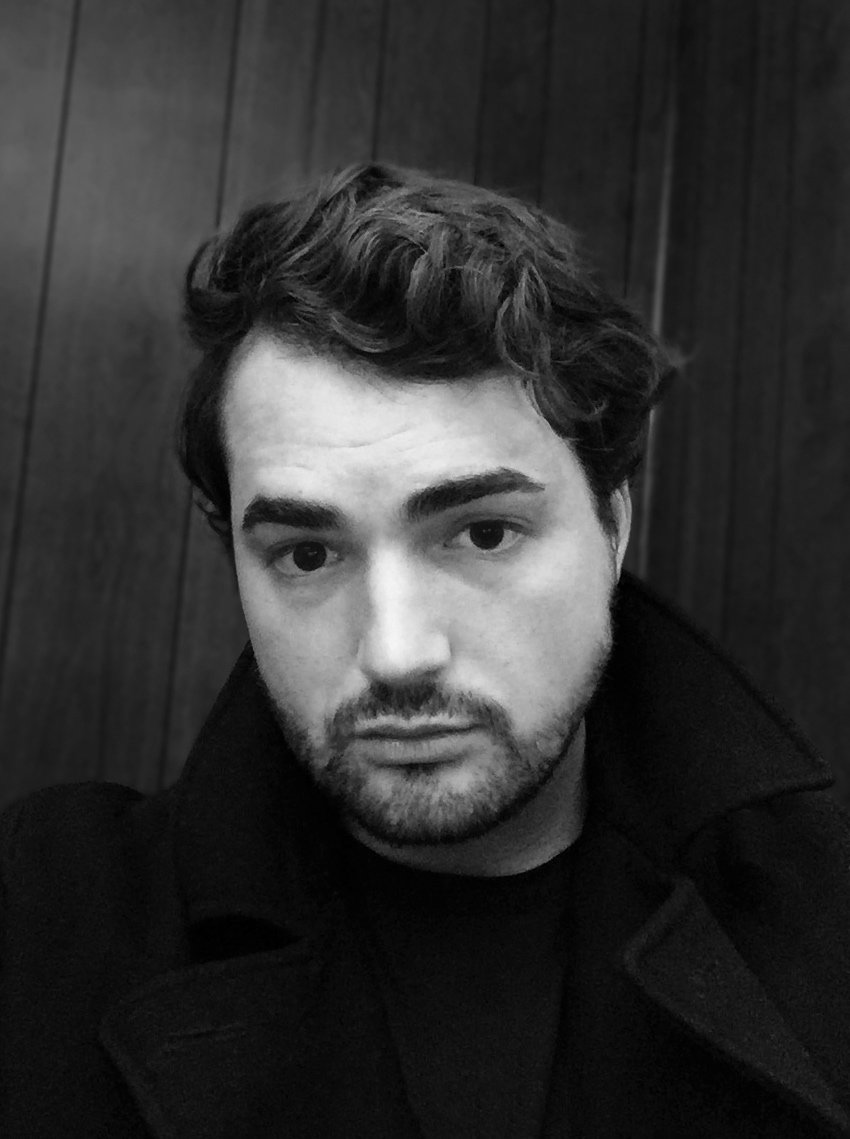 Corey Niles was born and raised in the rust belt, where he garnered his love of horror. His recent and forthcoming publications include “Our Celluloid Prince” in Five 2 One Magazine: #thesideshow, “The Body” in Blood Moon Rising Magazine, and “What Lurks in These Woods” in Pink Triangle Rhapsody: Volume 1. When he isn’t nursing his caffeine addiction or tending to his graveyard of houseplants, he enjoys jogging on creepy, isolated hiking trails.
Corey Niles was born and raised in the rust belt, where he garnered his love of horror. His recent and forthcoming publications include “Our Celluloid Prince” in Five 2 One Magazine: #thesideshow, “The Body” in Blood Moon Rising Magazine, and “What Lurks in These Woods” in Pink Triangle Rhapsody: Volume 1. When he isn’t nursing his caffeine addiction or tending to his graveyard of houseplants, he enjoys jogging on creepy, isolated hiking trails. Lucy A. Snyder is the Shirley Jackson Award-nominated and five-time Bram Stoker Award-winning author of over 100 published short stories and 12 books. Her most recent titles are the collection Garden of Eldritch Delights and the forthcoming novel The Girl With the Star-Stained Soul. Her writing has appeared in publications such as Asimov’s Science Fiction, Apex Magazine, Nightmare Magazine, Pseudopod, Strange Horizons, and Best Horror of the Year. You can learn more about her at
Lucy A. Snyder is the Shirley Jackson Award-nominated and five-time Bram Stoker Award-winning author of over 100 published short stories and 12 books. Her most recent titles are the collection Garden of Eldritch Delights and the forthcoming novel The Girl With the Star-Stained Soul. Her writing has appeared in publications such as Asimov’s Science Fiction, Apex Magazine, Nightmare Magazine, Pseudopod, Strange Horizons, and Best Horror of the Year. You can learn more about her at  For those of you who missed the news, my debut novel, Invisible Chains, will be released into the world July 22, 2019 by
For those of you who missed the news, my debut novel, Invisible Chains, will be released into the world July 22, 2019 by 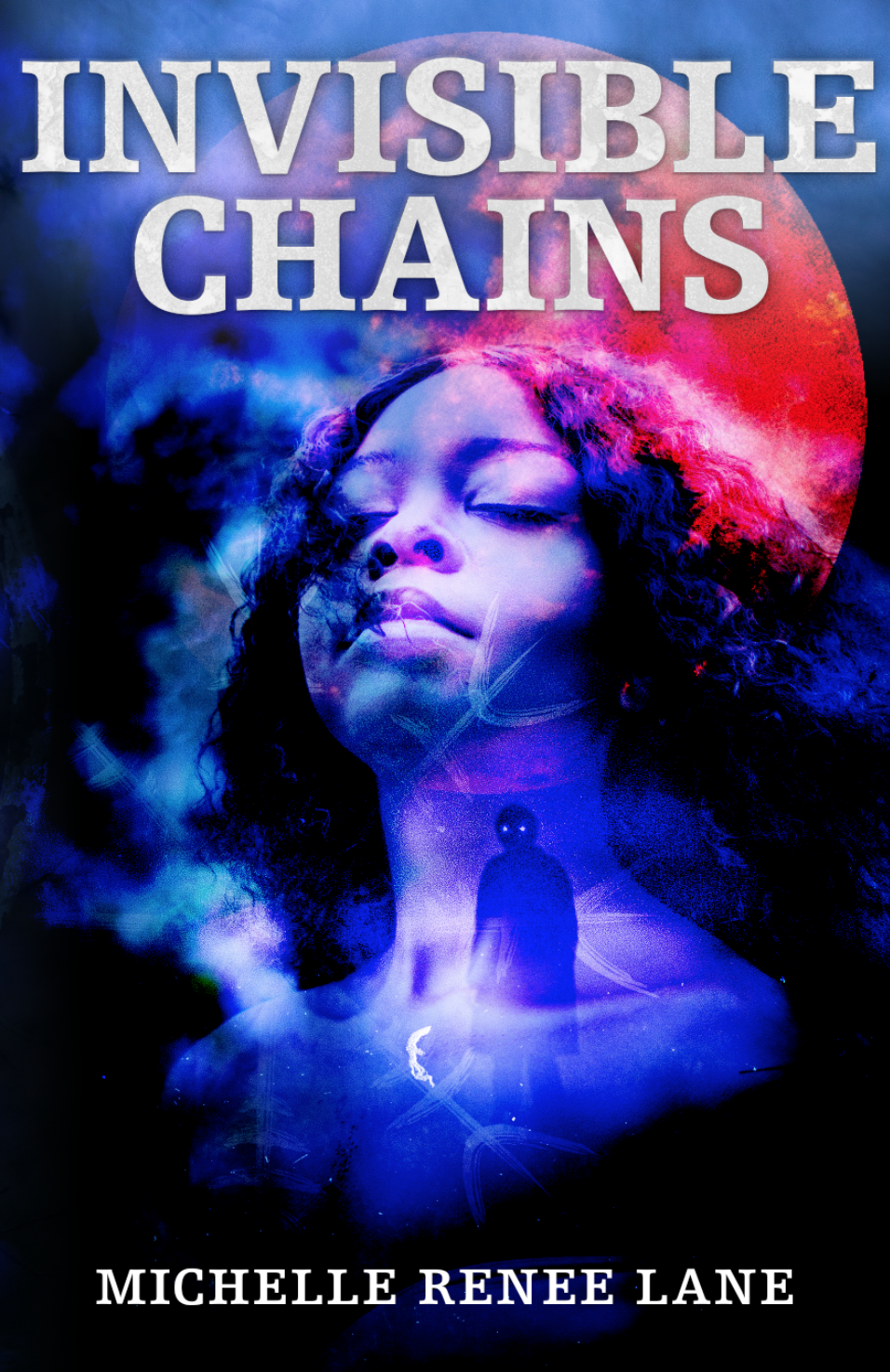
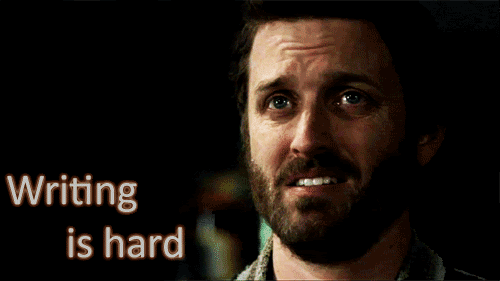
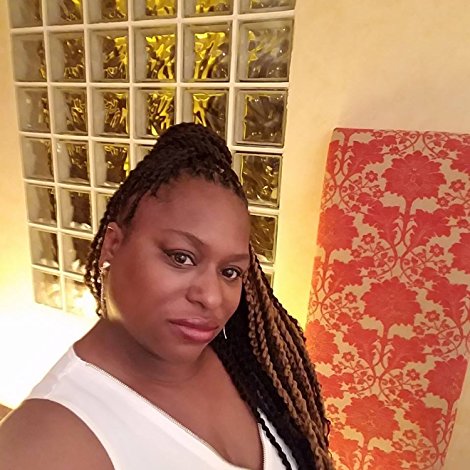 R. J. Joseph is a Texas based writer and professor who must exorcise the demons of her imagination so they don’t haunt her being. A life-long horror fan and writer of many things, she has finally discovered the joys of writing creatively and academically about two important aspects of her life: horror and black femininity.
R. J. Joseph is a Texas based writer and professor who must exorcise the demons of her imagination so they don’t haunt her being. A life-long horror fan and writer of many things, she has finally discovered the joys of writing creatively and academically about two important aspects of her life: horror and black femininity.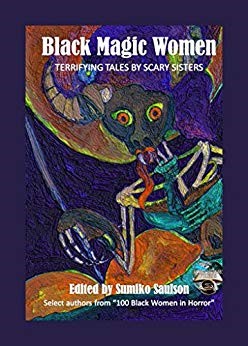 I was on door duty that evening, although we found we did not really need a protector. Most passersby tended not to notice our nondescript entryway in the worn down building. Even those who did notice it were deterred by the dark cloak of misery in our eyes. Despite my queerness and my race, those doorways to my soul that broadcast unspeakable rot allowed me kinship with the men inside. Her eyes held the same blackness, despite their light gray color, and it announced her as kindred, served as her password into the club. I let her in and followed her up the stairs, as my shift was done.
I was on door duty that evening, although we found we did not really need a protector. Most passersby tended not to notice our nondescript entryway in the worn down building. Even those who did notice it were deterred by the dark cloak of misery in our eyes. Despite my queerness and my race, those doorways to my soul that broadcast unspeakable rot allowed me kinship with the men inside. Her eyes held the same blackness, despite their light gray color, and it announced her as kindred, served as her password into the club. I let her in and followed her up the stairs, as my shift was done.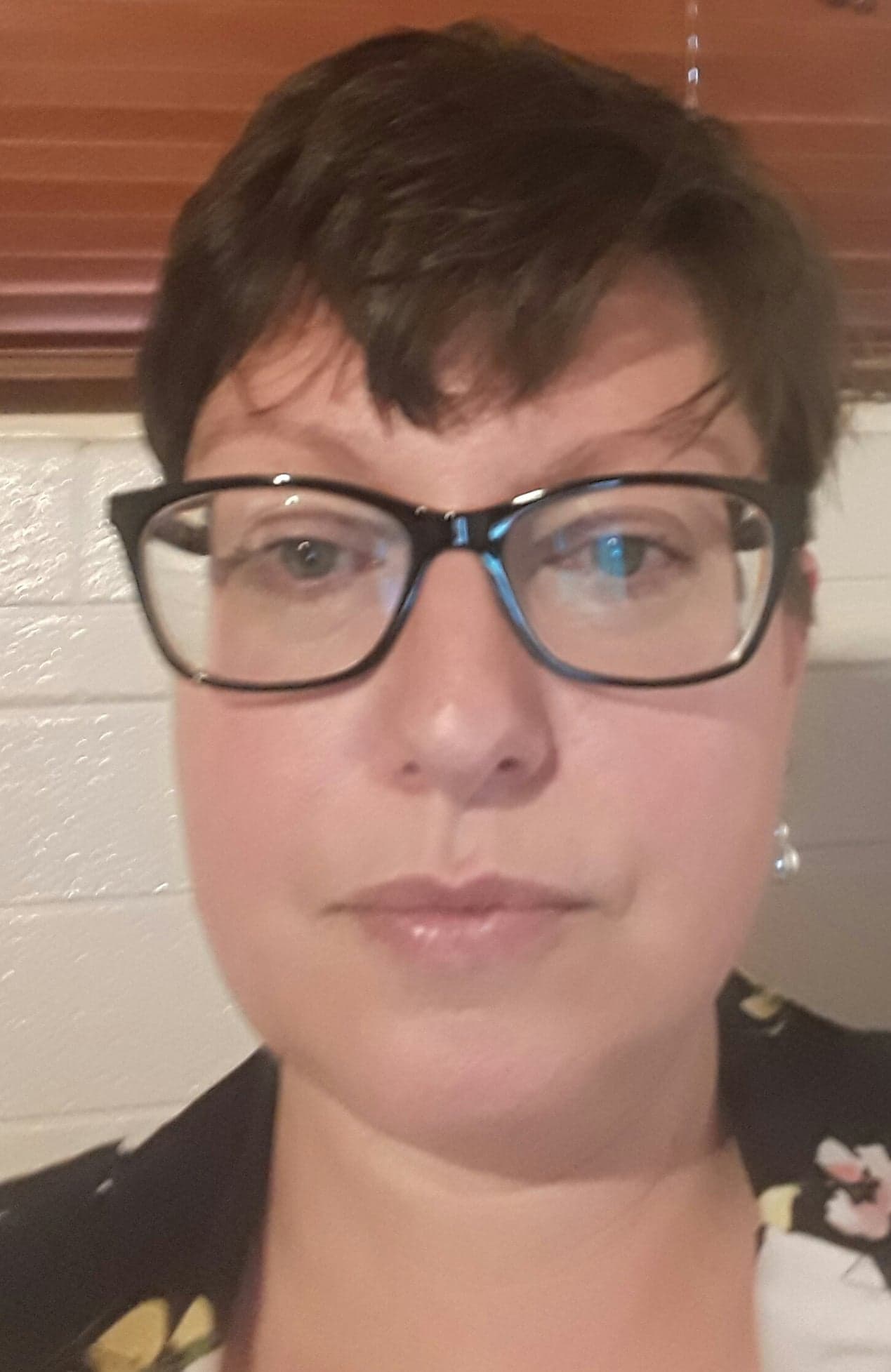 Last week,
Last week,  Last week,
Last week, 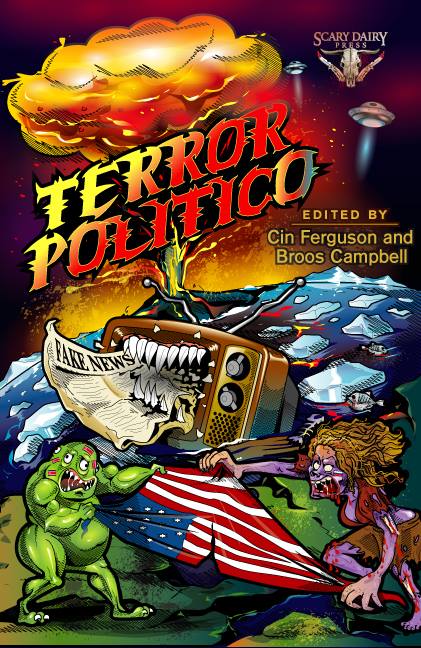
 David Day believes the future is a paradox, simultaneously representing beautiful hope and terrible possibility, and that we are on an ever-constant journey to resolve that paradox into the now. David received his MA in Writing Popular Fiction from Seton Hill University in June 2011. He is the author of one novel, Tearstone, as well as several short stories. Find out more about him at his snazzy but woefully neglected website:
David Day believes the future is a paradox, simultaneously representing beautiful hope and terrible possibility, and that we are on an ever-constant journey to resolve that paradox into the now. David received his MA in Writing Popular Fiction from Seton Hill University in June 2011. He is the author of one novel, Tearstone, as well as several short stories. Find out more about him at his snazzy but woefully neglected website:
You must be logged in to post a comment.